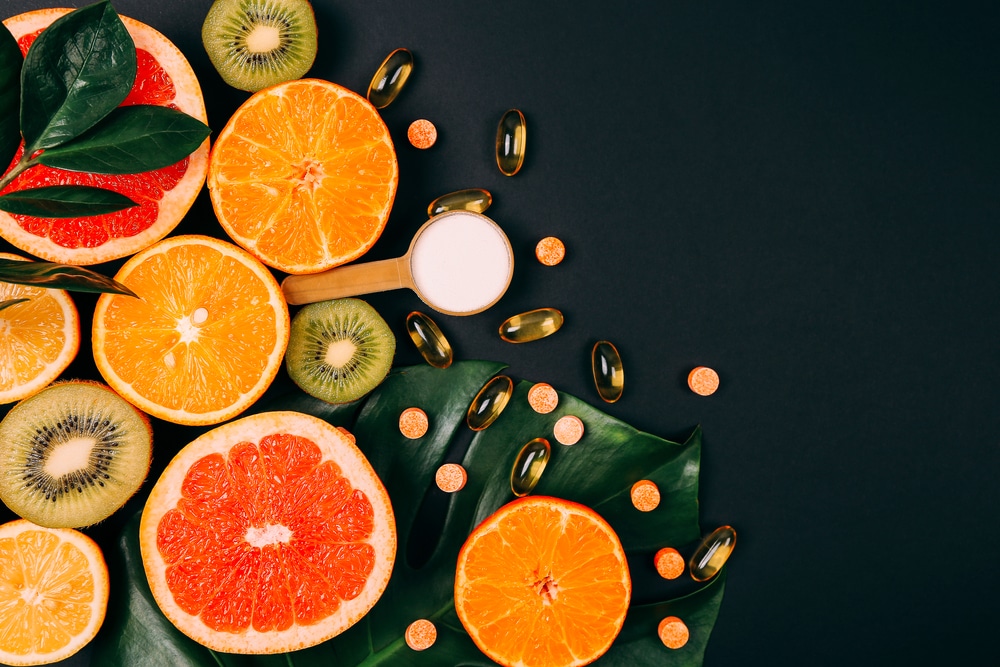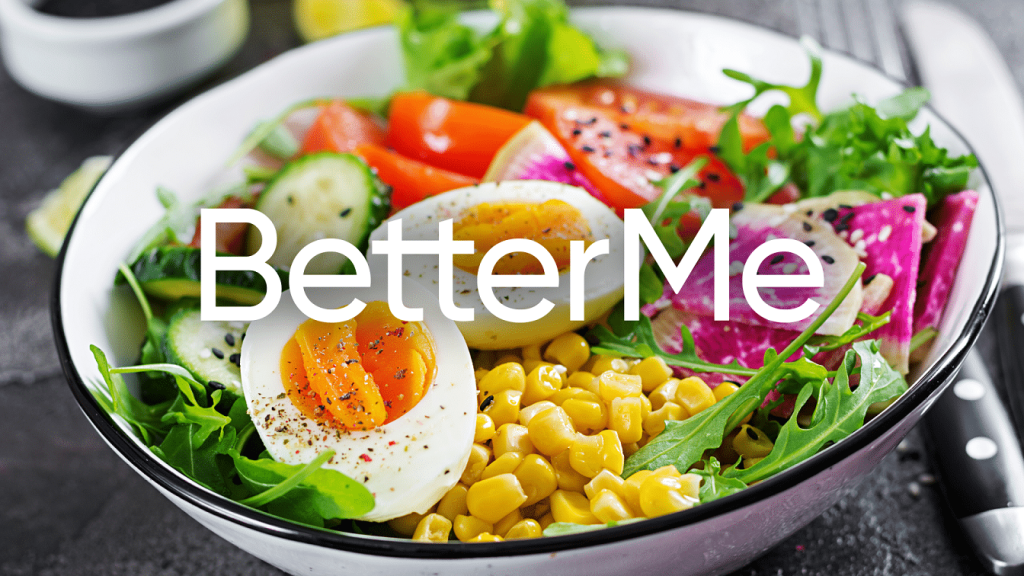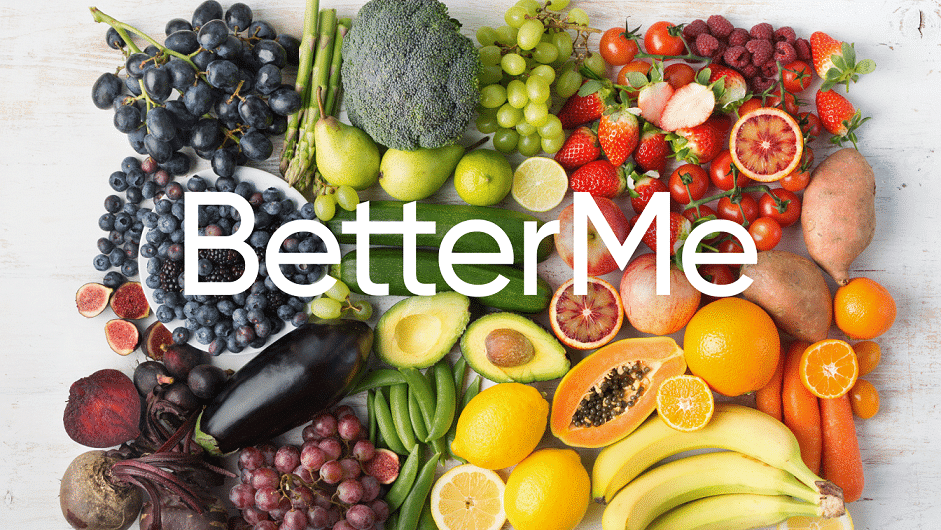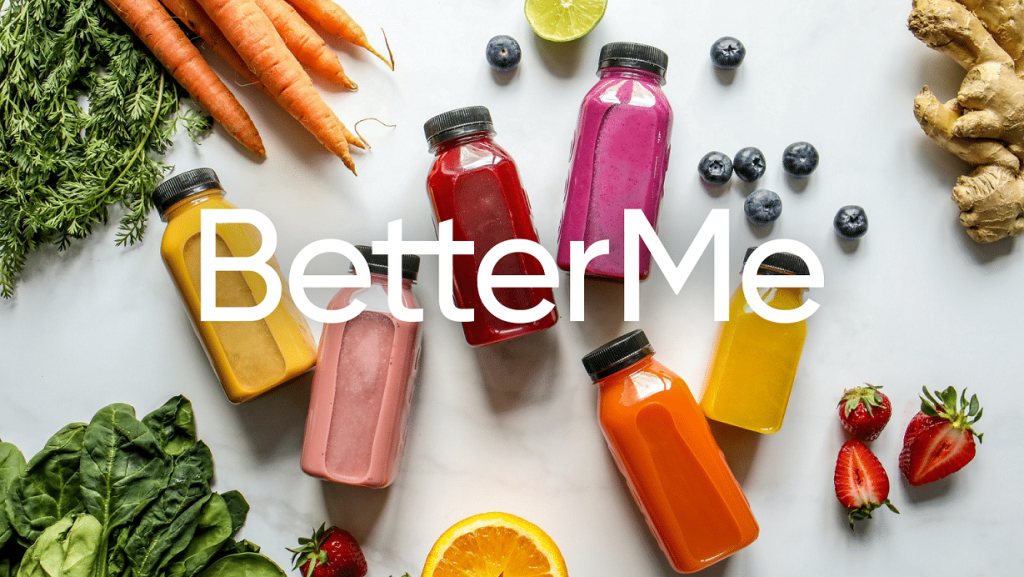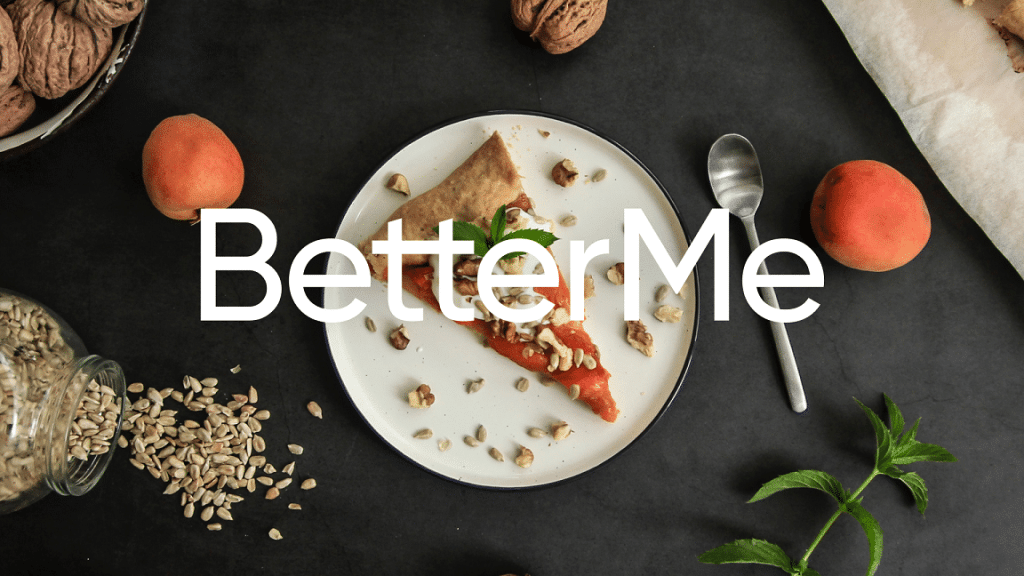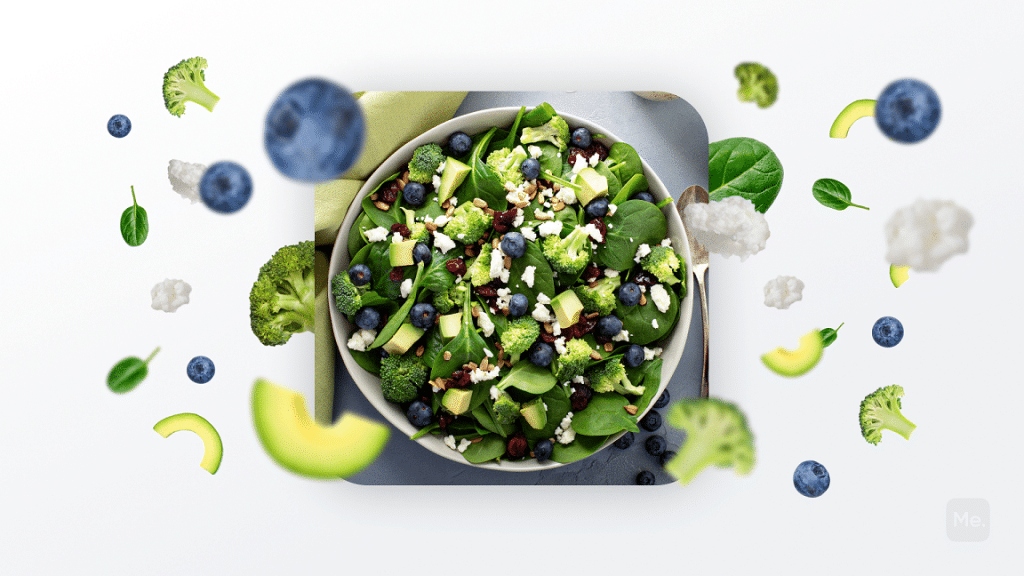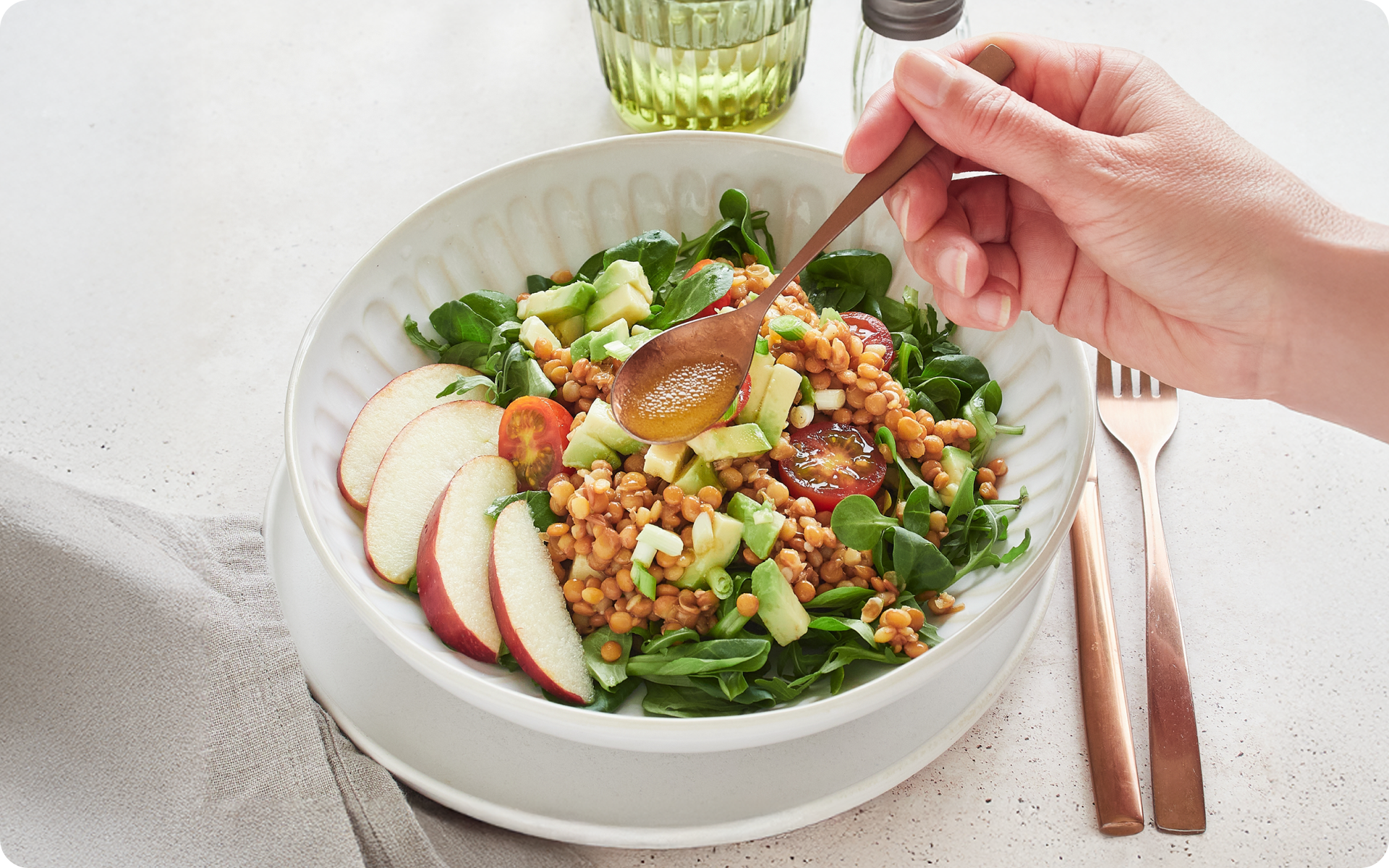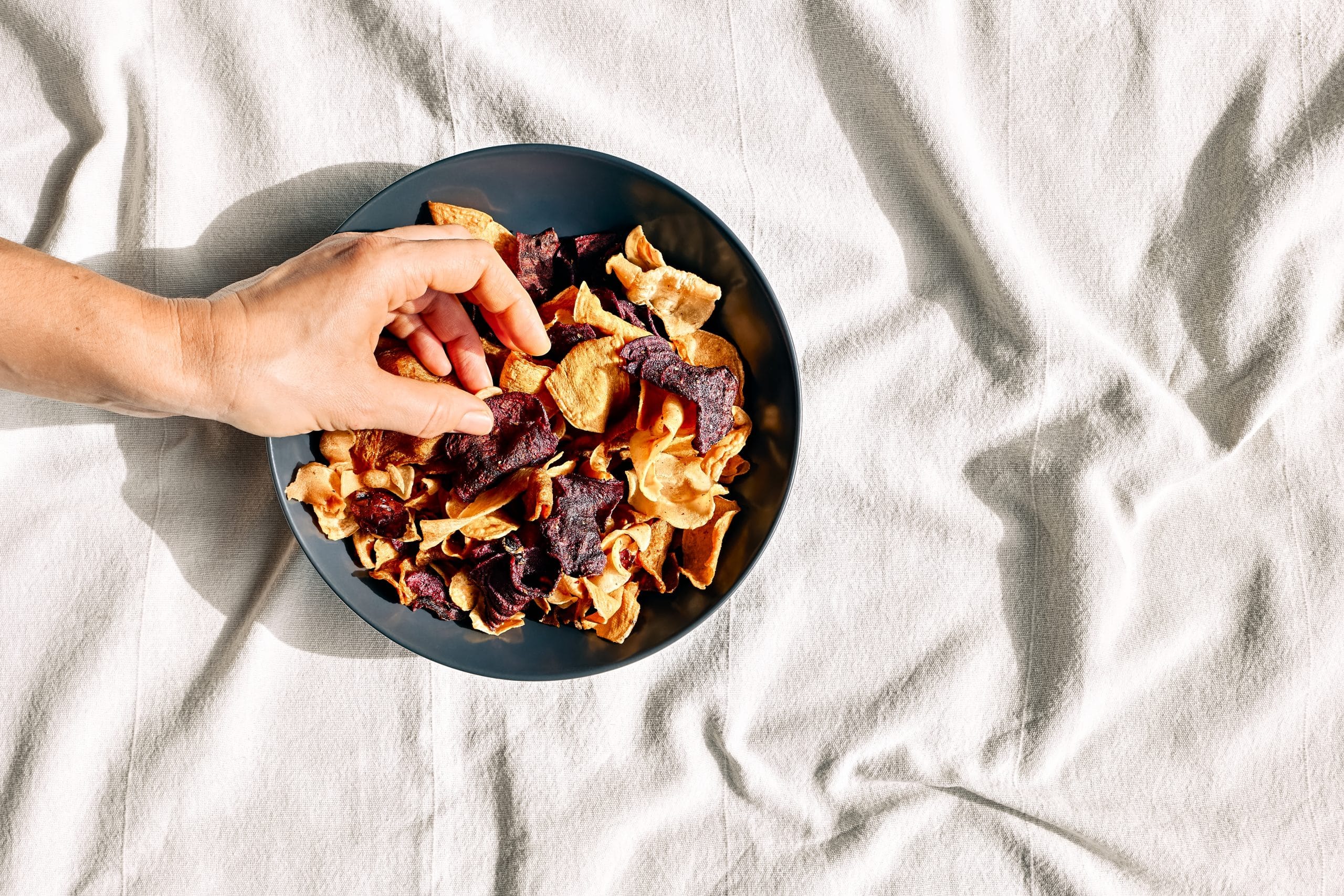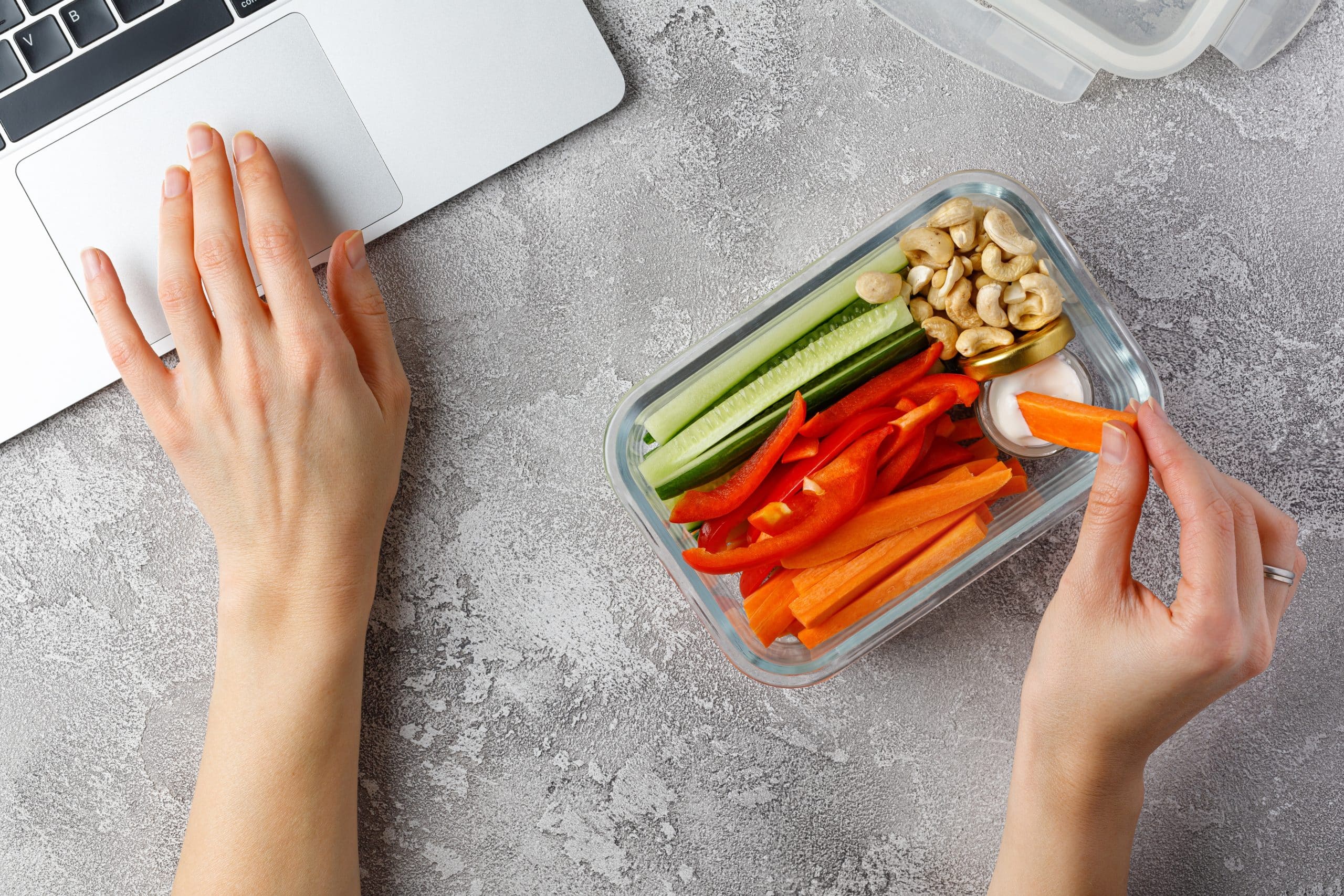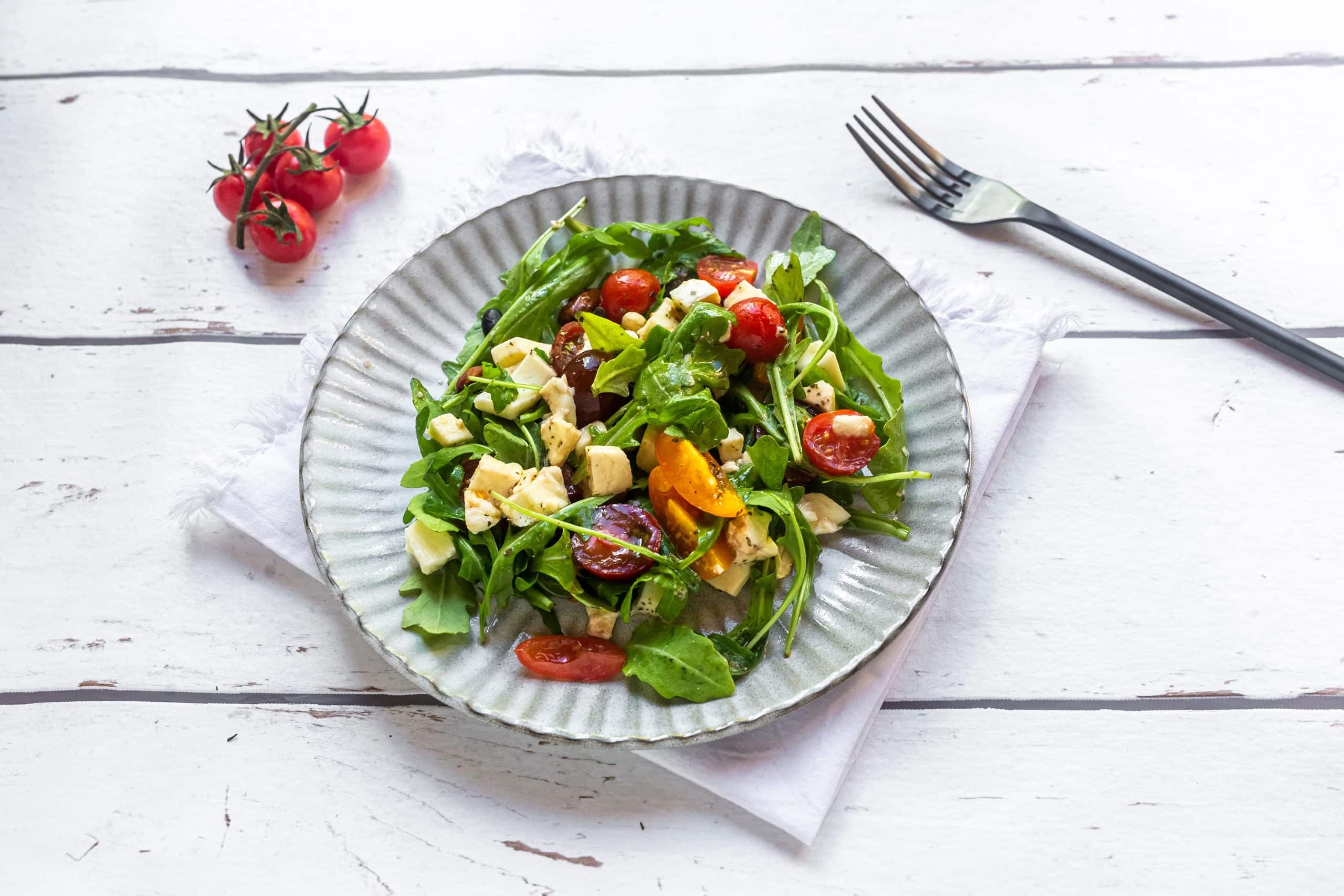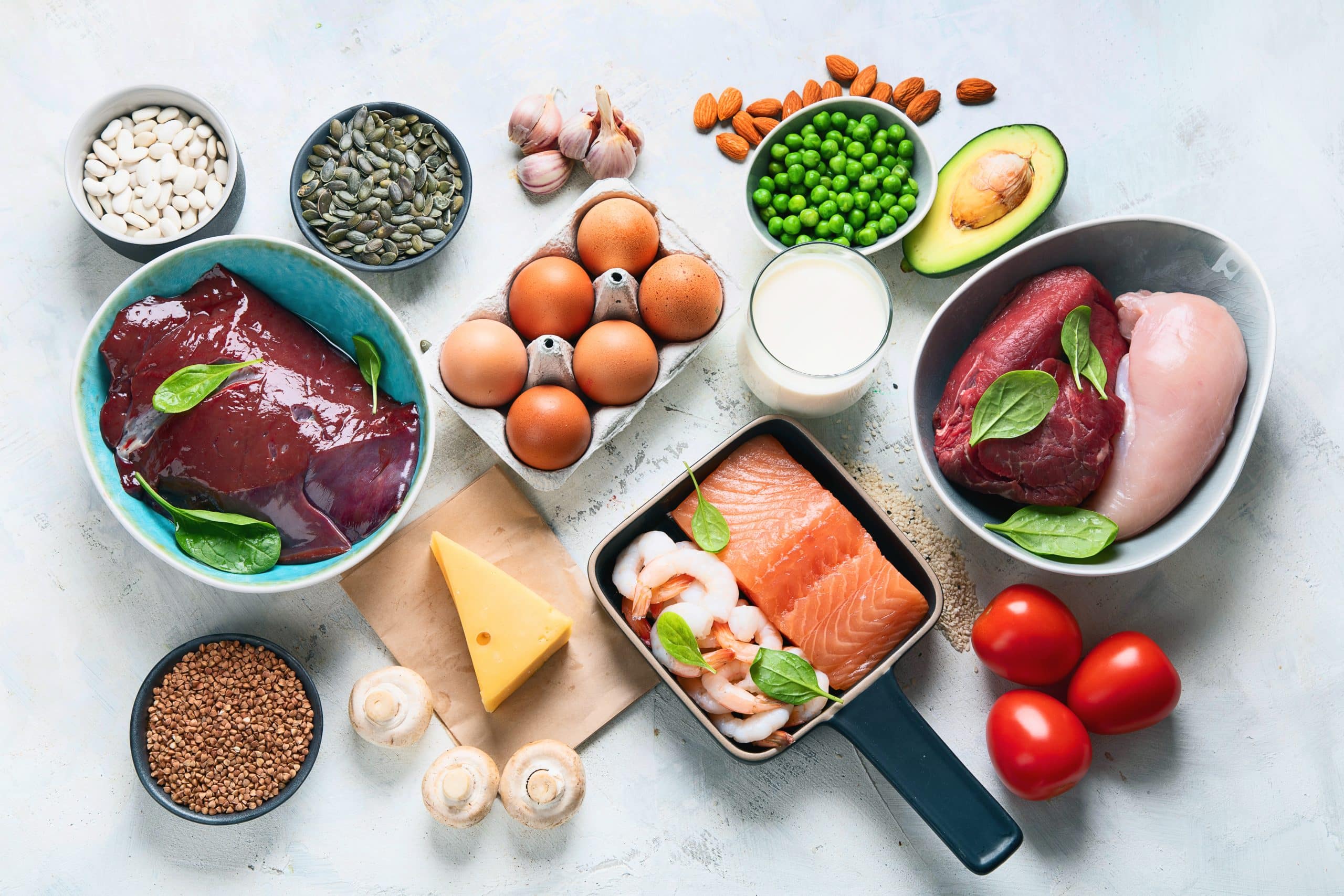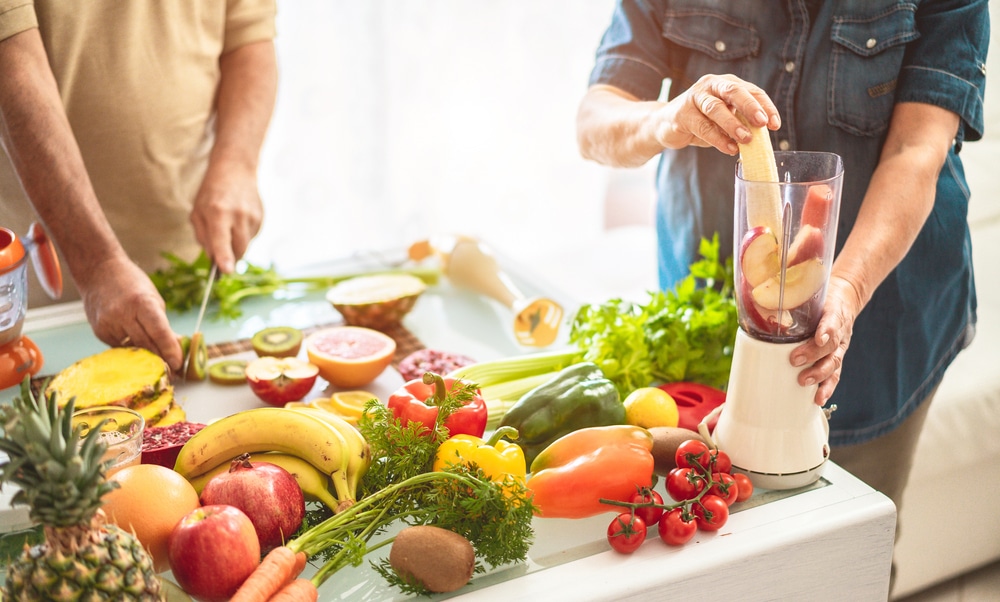Going meat-free is not without its perks. For starters, you’ll be taking a step towards reducing your carbon footprint and increasing the amount of healthy plant-based nutrients in your diet. Plus, you may even lose weight. On the flip side, you might miss out on some important nutrients. People who follow vegan and vegetarian diets can be at risk of low levels of certain minerals like calcium, iron, zinc, magnesium, and vitamin B12. One nutrient many people don’t think about is collagen. Collagen is a protein complex your body makes from amino acids. These days, many people are eating foods or taking supplements that provide the exact amino acids your body needs to make collagen. Actual collagen is mostly found in animal sources, but there are some plant-based foods that provide the nutrients your body needs to make collagen. In this article, we’re going to focus on collagen for vegetarians-why it’s necessary, and how to tailor a vegetarian diet to make sure your body is getting the collagen it needs.
Get your personalized
meal plan!
What Does Collagen Do?
Collagen is the most abundant protein in the body, accounting for about 30 percent of all proteins found in mammals (25). It performs various crucial functions including:
Forms Connective Tissue
Muscles, tendons, ligaments, and blood vessels are all partly made up of collagen (2). These tissues provide support and structure to different parts of your body.
Helps Heal Wounds
The body repairs damaged skin by using the amino acids proline and lysine to make collagen. Without collagen, you’d have a hard time repairing even a small cut (8).
Helps Regulate Cell Growth
Your body uses collagen as a scaffold to support cell growth and division (7).
Supports Growth Of Hair, Skin, And Nails
Collagen plays a role in the thickness and elasticity of skin (1).
Collagen production decreases as we age, which results in fine lines and wrinkles in the skin. Weak, brittle nails also indicate a possible lack of collagen.
May Improve Digestive Health
Your intestinal tract can become stressed and inflamed due to various reasons including dietary triggers and autoimmune conditions. This stress can damage your intestinal lining, preventing it from working correctly. Collagen may help keep the gut healthy by providing a protective structural barrier which may help reduce inflammation (16).
Read More: B12 Foods Vegetarian: What To Eat To Prevent Deficiency
Improves Mood And Prevents Depression
Some preliminary evidence shows that collagen might help improve mood. One animal study found that collagen peptides enhanced hippocampal neurogenesis and reduced anxiety-related behaviors (9).
Boosts Metabolism
An increase in muscle mass can slightly boost your metabolism. Since collagen is a protein, it provides the building blocks for increased muscle mass and, along with strength training, therefore could speed up metabolic rate (10). However, collagen protein is no different from any other type of protein in this regard – the key is protein plus strength training.
What Is Vegan Collagen?
If you’re a vegetarian or vegan, you might not get actual collagen from food sources alone. There is a new source of vegan collagen, made using genetically modified yeast and bacteria.
Researchers have found that the bacteria P. pastoris and S. cerevisiae can produce collagen when supplied with the right raw materials including pepsin, a digestive enzyme, and four human genes that code for collagen (21).
Though not widely available yet, vegan collagen supplements could be a solution for vegetarians struggling to get enough collagen.
Making safe collagen from microbes instead of animals may be more beneficial for human health. According to experts, vegan collagen has the following potential benefits:
Potential Lower Cost
Unlike regular collagen from animals, vegan collagen may be more affordable to produce on a large scale. This could enable people with collagen deficiencies to have better access to safe treatments.
Lower Risk Of Allergies
Animal-sourced collagen has raised concerns over the risk of transmission of illness. This is especially relevant for collagen derived from cows, pigs, and chickens. It’s possible that the risk of allergic reactions could be lower with vegan collagen.
Preserves Biodiversity
Animal farming harms biodiversity, mostly due to deforestation and pollution resulting from animal waste. These activities threaten many plant and animal species across the globe.
If you wish to free yourself from all the extra pounds that have been weighting you down for way too long, start using the BetterMe app and overhaul your entire life!
How Do You Increase Collagen Naturally?
The average person only consumes around 5 grams of collagen per day, mostly from animal sources. If you don’t eat meat or animal products, you can still get the nutrients your body needs for collagen production by eating foods rich in certain amino acids, vitamins, and minerals.
Consuming collagen peptides doesn’t automatically make you increase collagen production, it simply provides the building blocks for your body to do so.
Although collagen production slows with age, it never stops. If you supply your body with the following nutrients it will continue to make collagen even as you age:
Proline (Amino Acid)
Proline is an amino acid that’s a major component of collagen. It also serves as a precursor to another amino acid known as carnosine, which might have antioxidant and anti-aging benefits (22).
Proline is present in many protein-rich foods, including:
- Swiss cheese
- Milk
- Egg whites
- Cabbage
- Asparagus
- Mushrooms
Vitamin C
Without vitamin C, collagen production is disrupted (14). Humans are unable to produce this vitamin naturally, so you must get it from your diet. Vitamin C is abundant in fruits and vegetables, especially:
- Citrus ones fruits like oranges, grapefruit
- Broccoli
- Papaya
- Kiwi fruit
- Kale
- Red pepper
Anthocyanins
Anthocyanins are important for collagen production. Rat and cell studies have shown their ability to suppress inflammation and stabilize collagen (5). This is due to their ability to prevent free radicals from damaging collagen.
Anthocyanins are abundant in antioxidant-rich berries and foods like:
- Raspberries
- Blueberries
- Blackberries
- Grapefruit
- Eggplant
- Spinach
- Tomatoes
Read More: Pescatarian Vs Vegetarian: Which Diet Is Best For You?
Copper
Copper has been found to play a role in collagen production and utilization. Without it, healthy collagen fibers are not made properly. It also helps in the production of elastin, a protein that contributes to youthful-looking skin (4).
Copper is present in food sources like:
- Spinach
- Legumes
- Cashews
- Cocoa powder
- Sunflower seeds
- Kiwi fruit
- Apricots
Lysine
Lysine is an essential amino acid. What this means is that your body cannot produce it naturally, so you must get it from your diet. Lysine is an important component of collagen and helps in its synthesis and stabilization within the body (18).
It also prevents loss of bone mineral density by maintaining calcium in the body (13). Many high-protein foods are rich in lysine, including:
Lysine rich foods include:
- Kale
- Swiss chard
- Parsley
- Nuts like cashews and peanuts
- Soybeans and other legumes
- Sesame seeds
Arginine
Arginine is an amino acid that gets converted into nitric oxide in the body. Nitric oxide helps relax blood vessels, which increases circulation especially to the muscles of the thighs, calves, and buttocks – areas where collagen-rich tissues are located (23).
Arginine helps with collagen production in another way: it stimulates the release of growth hormones that stimulate cell proliferation (15).
Foods rich in arginine include:
- Avocados
- Seeds (especially sesame and pumpkin)
- Nuts (especially peanuts and cashews)
- Legumes
- Spirulina
- Cultured yogurt
- Kefir
- Raw cheeses
- Broccoli
- Cabbage
- Green leafy vegetables such as spinach
Beta-Carotene
Beta-carotene is a carotenoid that’s converted into vitamin A in the body. Vitamin A is important for skin health and keeping it looking vibrant, which in turn may keep collagen from breaking down (14).
Foods rich in beta-carotene include:
- Sweet potatoes
- Carrots
- Squash
- Spinach
- Cantaloupe
- Apricots
- Mangoes
- Pumpkin
Yanking yourself back in shape has never been so easy with our game-changing fitness app! Start transforming your life with BetterMe!
Manganese
Manganese is a mineral that’s involved in collagen production. It is necessary for the production of the amino acid proline, which is an essential building block for collagen formation.
It’s also a component of the antioxidant superoxide dismutase which protects against free-radical damage to healthy cells.
Foods rich in manganese include:
- Seaweed and other sea vegetables
- Black beans
- Pineapple
- Almonds
- Sesame seeds
- Chickpeas
- Walnuts
- Brazil nuts
- Spinach
Zinc
Zinc is a cofactor in the formation of elastin, which gives skin elasticity. Cofactors work together with enzymes to trigger a specific chemical reaction. Zinc also contributes to healthy cell membranes, which are necessary for collagen synthesis (4).
It also helps form collagen by acting as an antioxidant and free-radical scavenger.
Foods rich in zinc include:
- oysters
- lentils
- Chickpeas
- Black beans
- Cashews
- Brown rice
- Asparagus
- Spinach
Factors That Reduce Collagen Levels
In addition to a diet rich in collagen-boosting nutrients, there are several things you need to avoid to boost collagen production.
Excessive UV Exposure
Sunshine is important for vitamin D production. Vitamin D helps with calcium absorption and has been found to work alongside collagen.
However, excessive exposure to the sun breaks down collagen and elastin in skin cells. It can also lead to wrinkling and skin cancer over time (20). If you cannot avoid being outside during daylight hours, be sure to wear sunscreen with at least 30 SPF.
Inactivity
Inactivity slows down the flow of nutrients into cells, resulting in a breakdown of tissues and deterioration of skin health (17). In addition to eating a nutrient-rich diet, you should also exercise regularly for overall wellness.
Aging
Besides UV exposure, aging is also a factor that breaks down collagen. As you get older, your body produces less collagen naturally. This, coupled with a lack of physical activity causes the skin to lose its elasticity, which eventually leads to wrinkles and sagging (12). You can’t stop the clock, but living a healthy lifestyle and limiting sun exposure can help counter some of the effect that aging has on your skin.
Inflammation-Triggering Diet
Inflammation is a natural process that protects the body from infection.
However, chronic inflammation caused by obesity, stress, diet, or other factors can also lead to collagen breakdown over time.
Foods to limit include processed meat and drinks high in sugar or alcohol. These foods are believed to contribute to inflammation. To boost collagen production while keeping inflammation levels down, remove these foods from your diet for overall health.
Stress
Chronic stress puts an excess burden on the body, increasing inflammation and depleting nutrients needed for collagen synthesis (6). While exercise is important for stress reduction, it’s also important to take time in your day to relax and actually disconnect from technology.
Smoking
Not only does smoking lead to wrinkles through lack of collagen production but it also inhibits blood flow due to constricted blood vessels (24).
Chemicals In Canned Foods
Studies have found increased levels of bisphenol-A (BPA), a chemical used to line cans, in people with osteoporosis. High BPA levels have been linked to decreased collagen production and bone mineralization, which can lead to weaker bones and loss of density (3).
Canned foods are convenient, but opting for fresh or frozen produce instead can have a dramatic effect on your skin’s health over time.
The Bottom Line
Vegetarians have to work a bit harder than meat-eaters when it comes to collagen production.
However, providing your body with the nutrients it needs to make collagen is possible on a vegetarian diet. You should eat foods rich in protein, vitamin c, antioxidants, and several minerals to boost collagen production.
You should also work exercise into your daily routine for overall health, avoid excessive sun exposure, age gracefully, eat anti-inflammatory foods, and reduce stress levels to keep collagen production up.
DISCLAIMER:
This article is intended for general informational purposes only and does not serve to address individual circumstances. It is not a substitute for professional advice or help and should not be relied on for making any kind of decision-making. Any action taken as a direct or indirect result of the information in this article is entirely at your own risk and is your sole responsibility.
BetterMe, its content staff, and its medical advisors accept no responsibility for inaccuracies, errors, misstatements, inconsistencies, or omissions and specifically disclaim any liability, loss or risk, personal, professional or otherwise, which may be incurred as a consequence, directly or indirectly, of the use and/or application of any content.
You should always seek the advice of your physician or other qualified health provider with any questions you may have regarding a medical condition or your specific situation. Never disregard professional medical advice or delay seeking it because of BetterMe content. If you suspect or think you may have a medical emergency, call your doctor.
SOURCES:
- A Collagen Supplement Improves Skin Hydration, Elasticity, Roughness, and Density: Results of a Randomized, Placebo-Controlled, Blind Study (2019, mdpi.com)
- Anatomy, Connective Tissue (2021, ncbi.nlm.nih.gov)
- A Review on the Effects of Bisphenol A and Its Derivatives on Skeletal Health (2018, ncbi.nlm.nih.gov)
- Bioactive Compounds for Skin Health: A Review (2021, mdpi.com)
- Blackcurrant Anthocyanins Increase the Levels of Collagen, Elastin, and Hyaluronic Acid in Human Skin Fibroblasts and Ovariectomized Rats (2018, mdpi.com)
- Brain-Skin Connection: Stress, Inflammation and Skin Aging (2014, ncbi.nlm.nih.gov)
- Collagen as a double-edged sword in tumor progression | SpringerLink (2013, link.springer.com)
- Collagen in Wound Healing (2021, mdpi.com)
- Collagen peptides enhance hippocampal neurogenesis and reduce anxiety related behavior in mice (2012, pubmed.ncbi.nlm.nih.gov)
- Collagen peptide supplementation in combination with resistance training improves body composition and increases muscle strength in elderly sarcopenic men: a randomised controlled trial (2015, cambridge.org)
- Current View on the Mechanisms of Alcohol-Mediated Toxicity (2021, mdpi.com)
- Decreased Collagen Production in Chronologically Aged Skin (2006, ncbi.nlm.nih.gov)
- Dietary L-lysine and calcium metabolism in humans (1992, pubmed.ncbi.nlm.nih.gov)
- Discovering the link between nutrition and skin aging (2012, tandfonline.com)
- Effects of l-arginine on growth hormone and insulin-like growth factor 1 (2017, ncbi.nlm.nih.gov)
- Identification and Structure–Activity Relationship of Intestinal Epithelial Barrier Function Protective Collagen Peptides from Alaska Pollock Skin (2019, mdpi.com)
- Lack of exercise is a major cause of chronic diseases (2012, ncbi.nlm.nih.gov)
- Lysine post-translational modifications of collagen (20q2, ncbi.nlm.nih.gov)
- Melatonin, human aging, and age-related diseases – ScienceDirect (2004, sciencedirect.com)
- Natural and Sun-Induced Aging of Human Skin (2015, ncbi.nlm.nih.gov)
- Pichia pastoris: A highly successful expression system for optimal synthesis of heterologous proteins – Karbalaei – 2020 – Journal of Cellular Physiology – Wiley Online Library (2020, onlinelibrary.wiley.com)
- Proline Precursors and Collagen Synthesis: Biochemical Challenges of Nutrient Supplementation and Wound Healing (2017, academic.oup.com)
- Red Blood Cell Function and Dysfunction: Redox Regulation, Nitric Oxide Metabolism, Anemia | Antioxidants & Redox Signaling (2017, liebertpub.com)
- Smoking affects collagen synthesis and extracellular matrix turnover in human skin – Knuutinen – 2002 – British Journal of Dermatology (2002, onlinelibrary.wiley.com)
- The Collagen Family (2011, ncbi.nlm.nih.gov)
- The potential mechanism for glutamine-induced collagen biosynthesis in cultured human skin fibroblasts (2001, sciencedirect.com)
